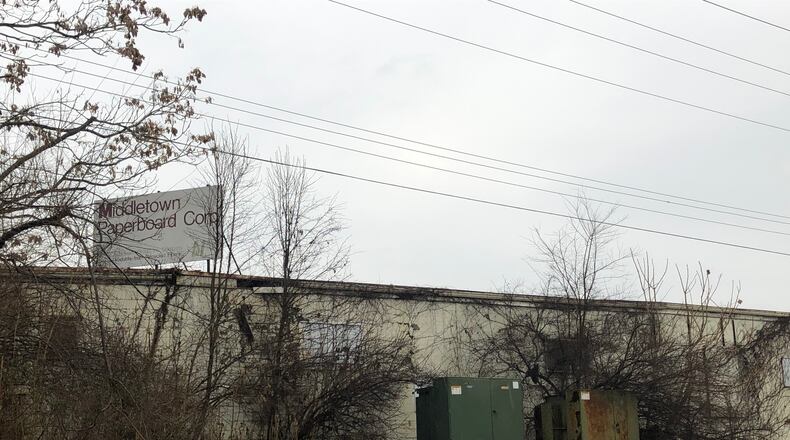First-year council member Zack Ferrell contacted the Journal-News this week and said “there’s honestly no excuse” to miss the deadline the city knew about for 45 days.
“I don’t want to hear it,” Ferrell wrote in a text. “We didn’t just mess something up, we’ve potentially lost out on millions. We told the people of Middletown this isn’t the leadership of the past. But here we are again losing out on millions of dollars. It’s just extremely upsetting and frustrating.”
Then he added: “Reasons like this are why people have no faith in government anymore. Why are we writing people fines for tall grass but when it’s time to clean up our backyard, we don’t even complete the paperwork on time?”
But Middletown City Manager Jim Palenick said there are three rounds of grants that total $350 million. He said if Middletown isn’t awarded a grant in the first round, it’s “not end of the game.” He’s confident Middletown will receive a grant, he told the Journal-News.
When the state biennial budget passed, it allocated $150 million for commercial and residential demolitions and $350 million for brownfield remediation. Each of the 88 counties will automatically receive $500,000 for demolition and $1 million for brownfield remediation, which is the removal of hazardous materials left when industrial, or even commercial such as dry cleaners blight is downed. No local match is required.
The remaining $106 million in demolition and $262 million for brownfields will be disbursed “first come, first served” and requires a 25% match. The funds will be distributed in three rounds as long as money holds out.
The applications for brownfield remediation are being submitted directly to the state and will be awarded on a first come basis, both for money allotted to counties and the general pot of money. The demolition monies will be distributed by the Butler County Land Bank.
Middletown was hoping to get the full $1 million no-match grant allotted to the county. Fairfield submitted a $1.4 million application to clean up the old Fairfield Cleaners site on Jan. 27. Hamilton applied for $1.2 million to clean up the old Mohawk Fine Papers’ Beckett Mill property on the Jan. 31 deadline.
Hamilton Economic Development Specialist Stacey Dietrich said since they have already spent $1.53 million buying the Mohawk Fine Papers’ Beckett Mill property and doing preliminary work, they have satisfied the match requirement.
“I did not go after the county no-match dollars because we’ve spent money on that site that could be used as our match for that application,” Dietrich said. “I didn’t want to use up the county’s $1 million that doesn’t require a match.”
Fairfield Economic Development Manager Nathaniel Kaelin said the property owners have committed to a $350,000 match for the clean-up project, so they don’t need the guaranteed county money.
Todd Walker, chief communications officer for the state development department, said they received 204 brownfield remediation applications from 59 counties totaling $262 million. He said Middletown’s application was not among them.
During a recent City Council meeting, Palenick called the redevelopment of the 14-acre Paperboard site on Verity Parkway one of the city’s “highest priority projects” because of its connection to the Ohio 4 corridor.
Total cleanup costs of the project are approximately $2.878 million, Palenick said.
During that same meeting on Feb. 1, Palenick told council the deadline for the grant application was Jan. 31, but the city met the deadline. City Council unanimously supported the emergency legislation and that legislation was forwarded, the city manager said.
Mayor Nicole Condrey, in an email, asked Palenick about potentially missing the application deadline. He wrote that was application package was “technically due” by Jan. 31 and the city was seeking city council approval at its Feb. 1 meeting.
He said on Jan. 31, the Butler County Commissioners met to authorize a letter of support that came later that day.
The city was hoping that, to the extent portions of the application were late by a day, it would be allowed to so-called, “cure” the application.
He said the city contacted the State Development director, her top staff, and have had State Sen. George Lang, R-West Chester Twp. and lobbyists make contacts and efforts at “advocacy and intervention” on the city’s behalf.


